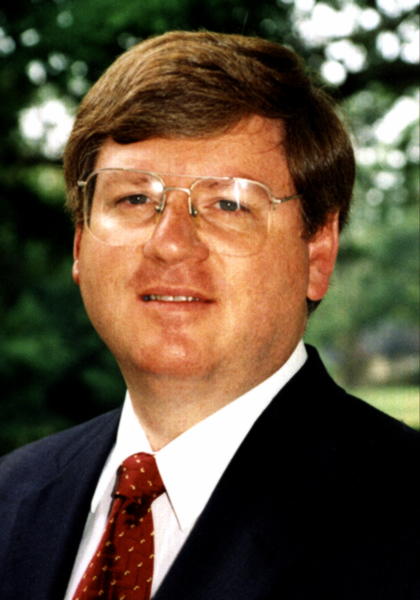

THE USPTO is generally regarded as the default or de facto patent office, as WIPO, for example, does not grant patents and the US is an essential market for many multinational companies. There's nothing controversial about that statement. The EPO may want to be in the same position, but given Battistelli's gaslighting and terror, it's hardly surprising that EP applications from the US sank like a rock. The EPO is quickly becoming irrelevant and EPs granted over the course of decades lose their value.
Tomita Technologies has asked the US Supreme Court to hear its lawsuit against Nintendo over 3D imaging patents and rule on the doctrine of equivalents.
In its petition, Tomita said that the case has implications for software and electronics companies, particularly the importance of objective guidelines to provide certainty when determining equivalence between hardware and software implementations of patented technology.
In 2013, Tomita won a $30 million judgement after a district court jury found that the Nintendo 3DS handheld gaming system infringed Tomita’s patent for capturing and displaying 3D images without the need for special glasses.
After suing Nintendo over the motion-sensing accelerometers used for Wii Remotes, iLife has been awarded $10 million by a Texas Jury.
Nintendo has provided a statement explaining "On Aug. 31, 2017, a jury in Texas found that certain Wii and Wii U video game systems and software bundles infringed a patent belonging to iLife Technologies Inc. related to detecting if a person has fallen down.
In determining that a Kansas court did not have personal jurisdiction over an accused patent infringer, the Federal Circuit found that the accused infringer's activities prior to the date the patent was granted were irrelevant to the question of whether the infringer had sufficient activity in Kansas such that the Kansas court had personal jurisdiction over the accused infringer. The court also found a forum selection clause in an end user license agreement accepted by the accused infringer did not apply and could not be used in the patent infringement suit to dictate the court in which the case would be heard.